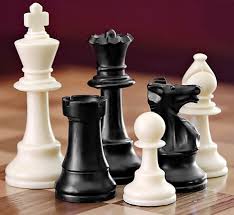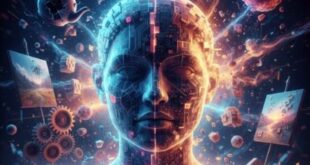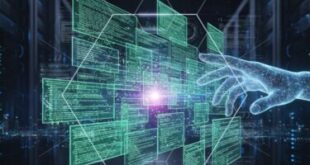Humans have been playing chess with computers since several decades. And just like humans, machines have continued to learn from their experiences. Initially, chess champions were able to easily defeat computers. However, things started to change with computers getting more advanced. The first major victory for computers came in 1997 when IBM’s Deep Blue defeated world champion Garry Kasparov in a 6-game match. This was the start of a new era, where computers could easily defeat humans.
 Sometimes it makes us wonder as to how computers can be so good at chess. To answer such questions, here are some important things we need to understand.
Sometimes it makes us wonder as to how computers can be so good at chess. To answer such questions, here are some important things we need to understand.
More processing power – Modern day computers can process millions of instructions per second. Supercomputers are even better, which can perform multi-million floating-point (FLOPS) operations every second. Such capabilities are difficult to match by a human brain.
In a chess game, a single move can have millions of possibilities depending on the position of other pieces on the board. It is nearly impossible for humans to do this in an accurate manner. By exploring more outcomes, a computer is able to choose the best possible move. Humans too use the same approach, but their brains are not as accurate as computers.
Faster – Computers are way faster than humans in terms of processing information. Human brain can also be fast, but not as much as a computer. This gives a natural advantage to computers in timed games and in fast chess. Computers can not only be fast, but also ensure 100% accurate calculations every time.
More memory – Computers can load tons of data about past chess games and chess strategies. These are part of the chess software. Humans too improve their chess skills with experience, but it may not always be as reliable as that done by computers.
No stress / anxiety / fatigue – It’s true that chess champions don’t get easily ruffled. However, there may come a time when factors like stress, anxiety, fatigue etc. may start to influence decision making. In comparison, computers don’t have any such limitations. They can perform with the same capacity and reliability 24/7.
No emotional baggage – Another important aspect is that humans can have varied emotions such as fear, overconfidence, superiority complex, etc. These can prompt them to underestimate their opponent and make mistakes. In comparison, computers don’t have any sort of emotions. They stick to pure mathematics and programming commands to execute their moves in chess. This helps them win more often.
 Newspatrolling.com News cum Content Syndication Portal Online
Newspatrolling.com News cum Content Syndication Portal Online







